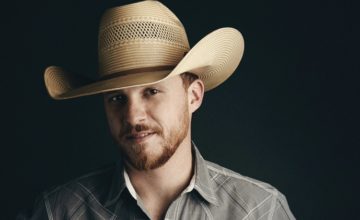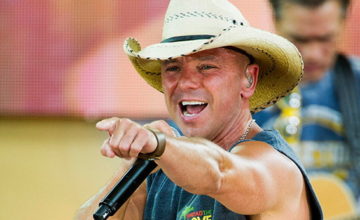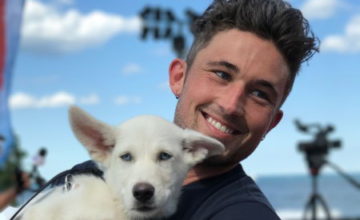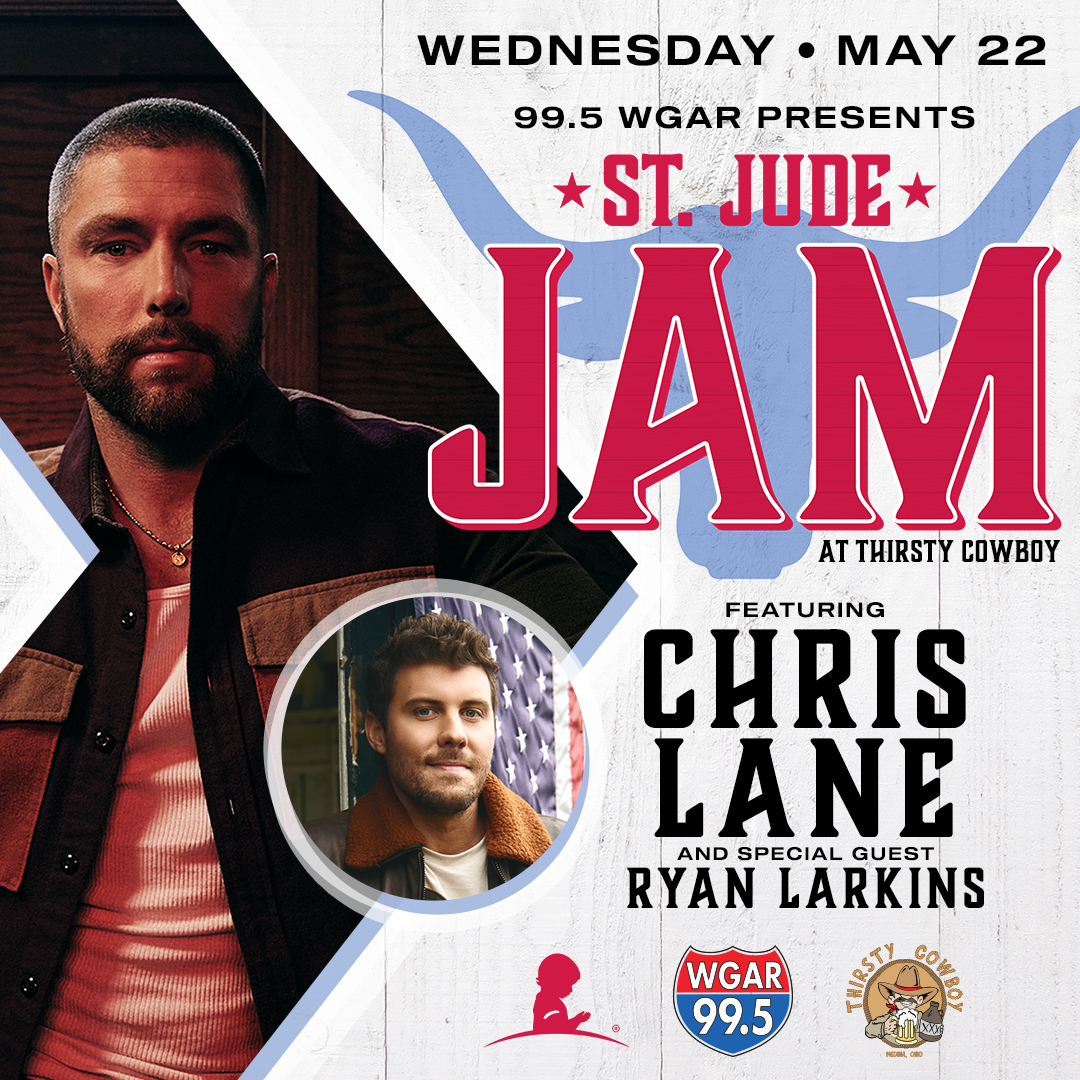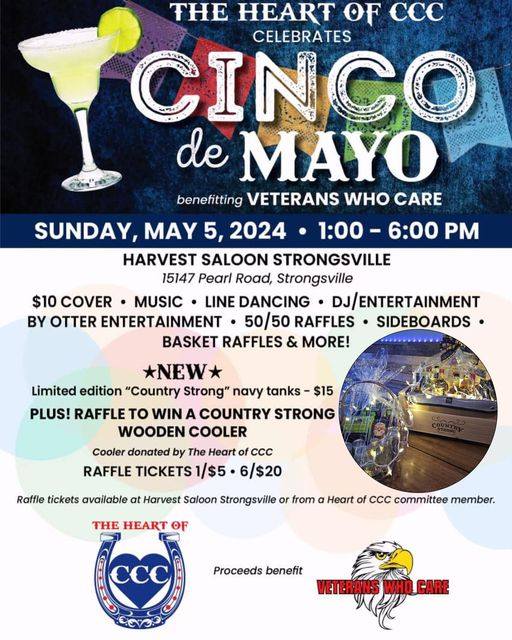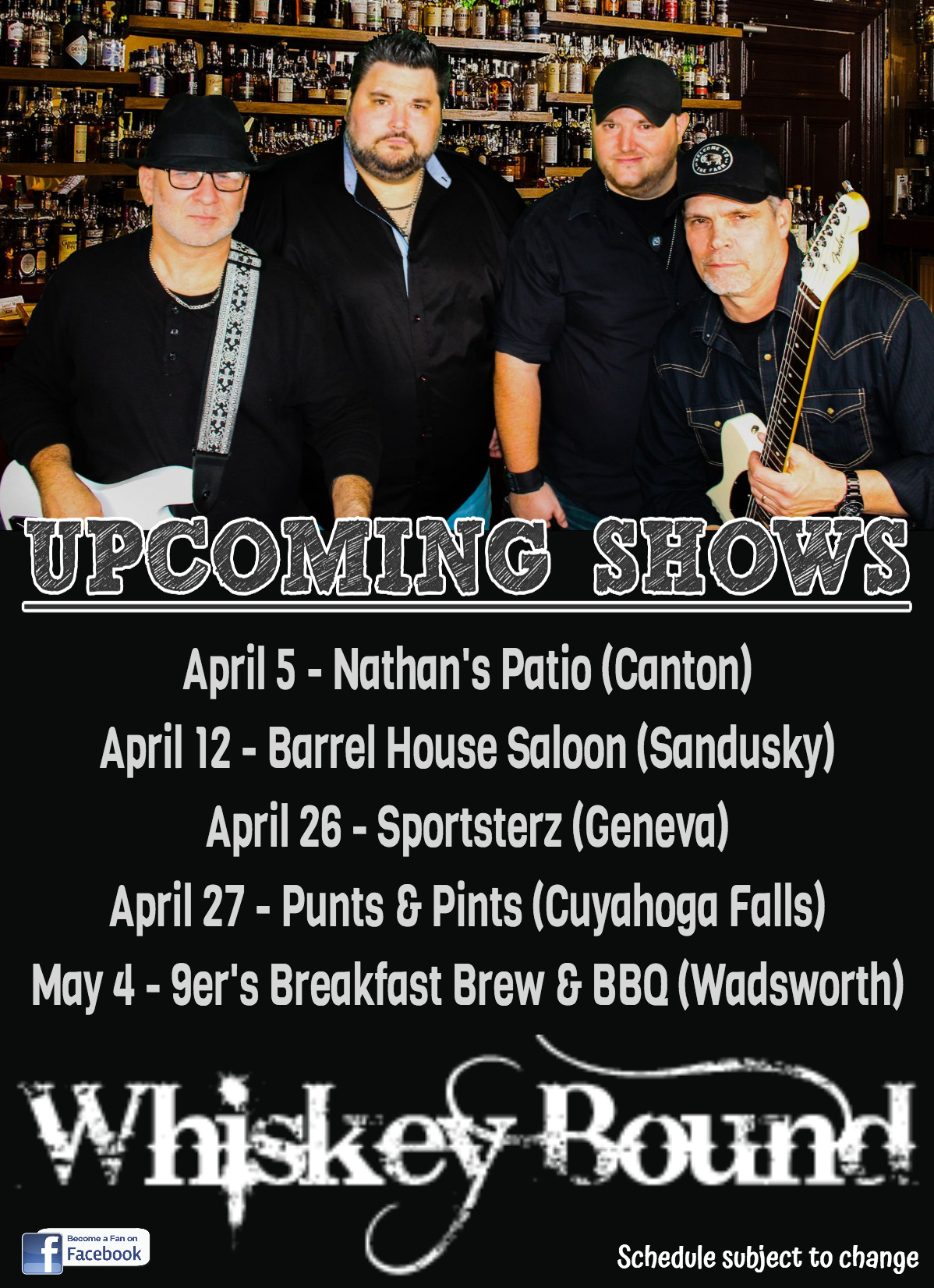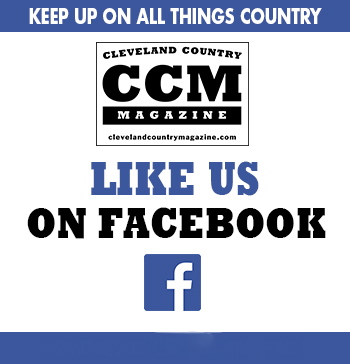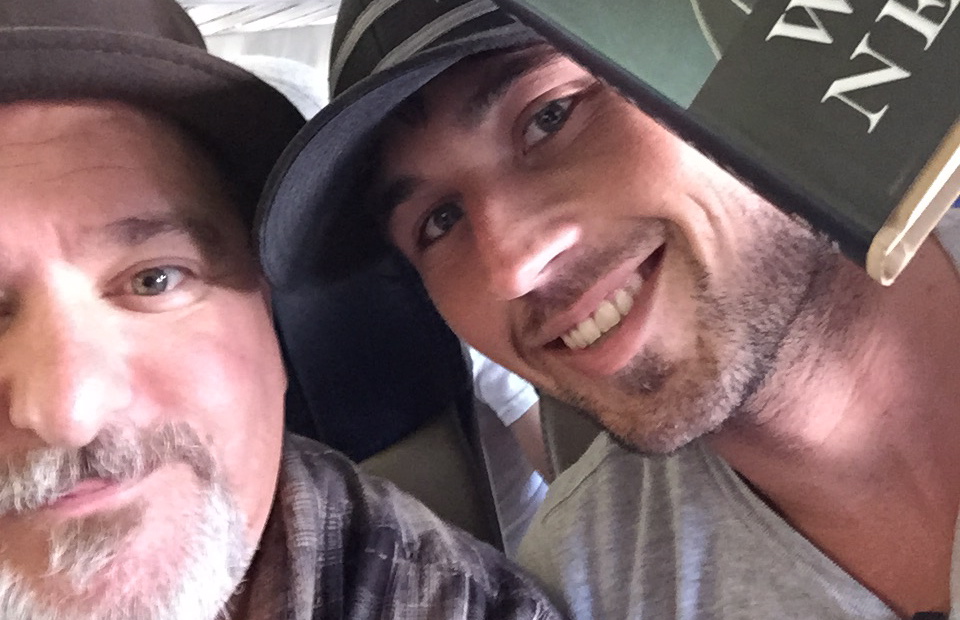
20 Questions is our opportunity to talk with various people in the country music industry. Everyone from musicians and singers, to record producers and DJ’s.
This month we talk to Adrian Michaels who is the Director of National Promotions for Warner Music Group/WEA. Michaels has been working in country music for over twenty years and was the manager for Pony Express in Cleveland in the early ‘90’s.”
- What made you want to get into the business side of music?
“I was the kid who read all the liner notes on every record and looked at the pictures of people in the studio. I’ve always been enamored with all sides of the music business…from being a roadie, to a producer to the drummer. I don’t think I ever consciously thought about moving from one side to another.
- How did you first get started in music?
“My dad had a drum kit around the house after a band came to play and left it. I started playing drums from the time I was 8 until I was almost 30.”
- What kind of music did you play?
“80’s everything – 80’s metal to progressive – club kind of music.”
- How did you end up as manager of Pony Express in Cleveland?
“I ran into Enzo Maddalena (drummer) one day because I was doing a lot with rock bands in Cleveland – playing with them and booking them. He convinced me to work with them. Those were some of the best times of my life.”
- What did you know about country music at that time?
“I told him the only person I knew in country was Willie Nelson. So, they bought me the top 20 albums at the time – Little Texas, Randy Travis, Mark Chesnutt and everything out there. I remember one of the first country concerts, I went with you and Mark Chesnutt was playing at The Jamboree in the Hills. I literally didn’t grow up with country, but adopted it quick. It’s the universe that I have lived in from the day that Enzo talked me into to learning more than Willie Nelson.”
- What was it like working with Pony Express?
“We were packing all the clubs in town and recording down in Nashville. They recorded, what I think, were some really big hit records and signed a record deal with Capitol Records and Jimmy Bowen. But, the record didn’t come out due to a lawsuit from the bands former manager who put a kibosh on all that.”
- When did you move to Nashville?
“I was managing the Pony Express and they took second place at the finals for the True Value Country Showdown, twice. The guy who ran the showdown told me, I should move to Nashville, that he would have a job for me if I moved there. So, my wife (Kim) and I sold everything we had, loaded a truck, came here and got an apartment. I knocked on their door on a Monday and said ‘I’m here.’ They fell over backwards because they didn’t have a job for me.”
- What was your first job in Nashville?
“I worked for Skip Stevens Promotions. Actually, Scott Borchetta got me my first my first job in Nashville. I did that for about a year and a half, and then started my own independent company. I was working for Decca, MCA, Warner, Sony. During those couple years I probably worked almost fifty No. 1’s singles. That got the attention of RCA Records and they hired me and got me out of my own business. My first big label job was with BMG Music – RCA/BMG, then Sony bought that.”
- What artists have you worked with?
Hank Williams, Jr., Lee Ann Rimes, Tim McGraw, Lee Brice, Alabama, Clint Black, Trick Pony and so many more. At this point, I have worked on, either directly with the label or as an independent hired on, more than one hundred No. 1 country music singles.”
- What different jobs have you had since you moved to Nashville?
“Between promotions and management – I have been a promotions person in the field, a national – the next step up, a vice president, senior vice president, I was president of an entertainment company and got shows placed on TV, and now I’m back working a new label from Warner Bros. Records as a national.
- What does the manager do?
“When you manage, you manage all of the artists needs. You take care of what’s happening with their publishing, their booking, their label and their social. You are kind of the ringleader to make sure that all of the other components are working as they should.”
- What about the promotions person?
“As a promotions person it’s very simple. An artist makes a record, once that record is made there’s a team of people around the country that will travel with that artist and get that record on the radio. I oversee a team of people in the field – somebody in Chicago, someone in New York, someone in L.A., someone in Texas – and then that team and I are responsible for getting that record from ‘you’ve never heard it’ to the No. 1 record in America.”
- Is that how it worked to get a No. 1 with Michael Ray?
“We took Michael Ray from unknown artist and riding around in cars, trucks, buses and planes with him to celebrating his first No. 1. I’m very proud of him and he’s also my neighbor. He lives across the street, I can’t get away from him. I am staring at a big picture of him on the wall as I talk to you on the phone and when I go home to mow the lawn he’s over there sitting on a lawn chair being an artist.”
- You also work with High Valley?
“Right now my two acts are Michael Ray and High Valley – we went Top 40 with High Valley seven weeks after the launch. With Warner Bros. – I mean we have Blake Shelton and Cole Swindell and Brett Eldrige, but I launch the acts you don’t know. Michael was our first and hopefully 2016 my team and I deliver the first No. 1 for High Valley.”
- What made you this creative record person?
“Cleveland made me that. Cleveland was full of historic record men. I wanted to be a record man. And that as an actual term, being a record man. Man, you had Frank DiLeo who was from Cleveland and he went on to run CBS Records and be Michael Jackson’ manager; you had Steve Popovich who started Cleveland International and worked on Meatloaf’s Bat out of Hell record, Bill Catino who was from there and moved here to run Capitol Records promo for a long time. Cleveland was full of great record men. I interned and emptied garbage cans and did whatever I could to be around them and absorb it, and that’s what made me what I am.”
- What advice do you give to those who want to succeed in Nashville or the music business?
“Know the business. It is it’s own entity…just loving music doesn’t mean you will make it in the music business. You have got to know business and how it works – there’s schools here like Belmont University and there’s schools all over the country that have music industry majors, but just loving music doesn’t get you there.”
- Did you go to college?
“I am a success story from Cuyahoga Community College. A two-year degree can get you an executive level position in the record industry. You don’t really have to go to college, I did it internally. I typed invoices, emptied garbage cans, listened to phone calls, made friends and networked. It is a business where you have to understand, however you get that understanding, that’s how you do it.”
- What was the attraction with country music?
“Lifestyle and lyrics. I fell in love with country music. I connected, I liked the family and really enjoy the format.”
- Any good memories to share?
“When we take a new artist like Lee Brice or Michael Ray and create a No. 1. When it is the first for the artist…it feels like you won the Super Bowl. Those are my favorite memories”
- Where do you see country music headed?
“I think country music will continue with a very wide variety. There really is no switch to traditional or anything, it’s all so different. There really are no rules. Diversity is awesome.”


